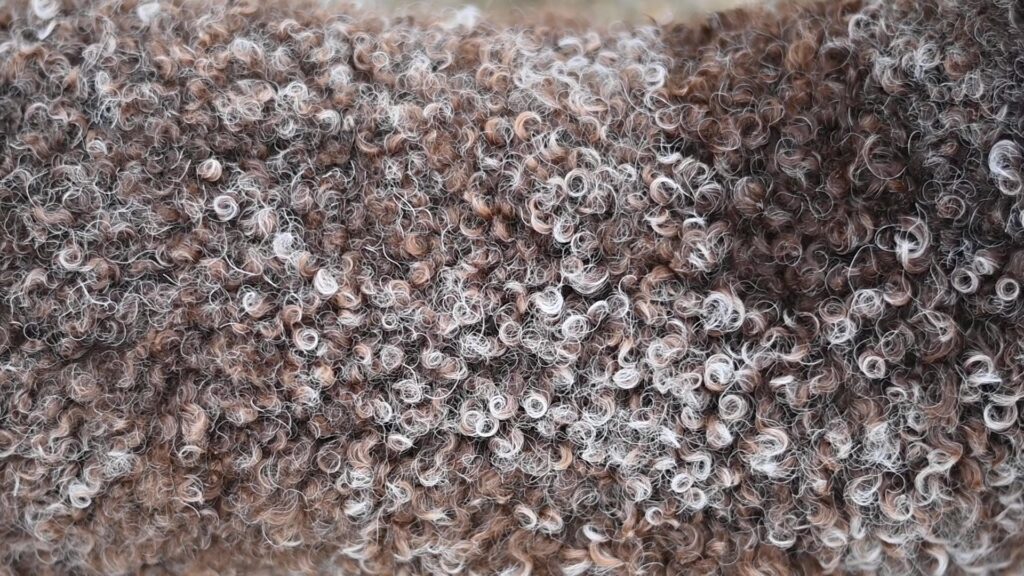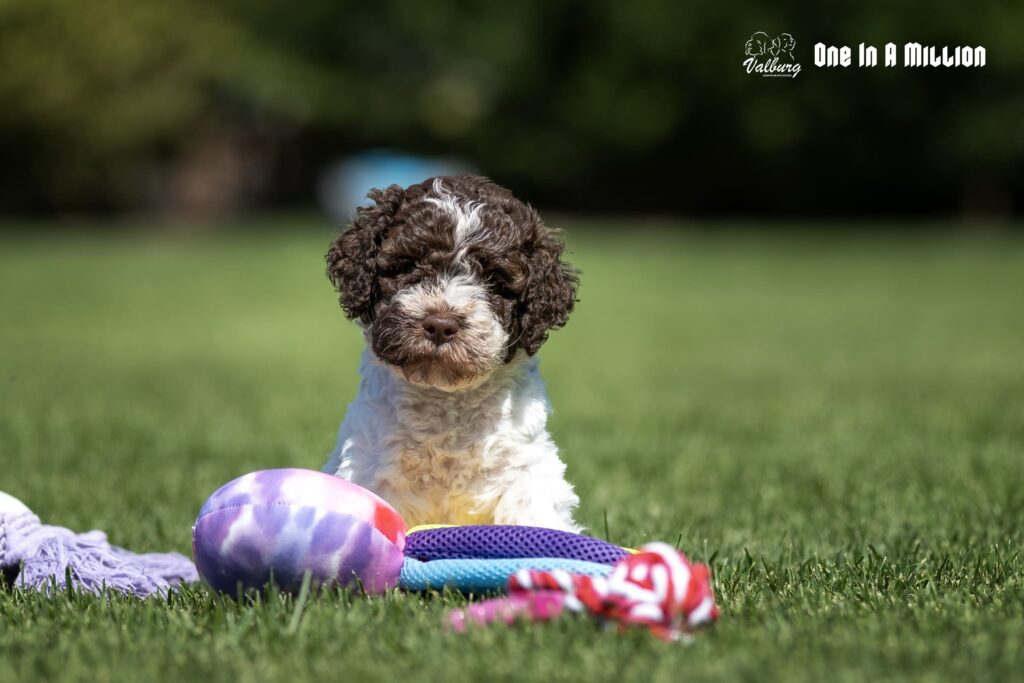Super Puppy Program: The secret behind balanced puppies
The early, proper socialization is incredibly important in the puppies' lives, since it determines what kind of an adult dog they would become. That is why we use the Super Puppy Program in our kennel from the beginning.
The method has been introduced by Dr. Carmen L. Battaglia, and in the beginning it was used for training military dogs with great success. Later on, the Early Neurological Stimulation has spread as the Super Puppy Program around the world.
We perform 5 little exercises with each and every puppy on a daily basis between their age of 3-16 days. These exercises last for 3-5 seconds, and we are continously talking to them while they are ongoing. They receive caress and kisses while changing positions. The exercises' purpose is to hold them in unnnatural postures, thus stimulating their nerve pathways as the result of which, their stress tolerance improves, so as their adaptability. These little tasks make them more open for new things, and easy learners in the future.
These exercises aren't complicated at all, but to achieve the desired results, preciseness and frequentness (once a day) are curcial.
- Tactical stimulation – The puppies' toes are tickled with a cotton swab.
- Head held erect – The puppy is kept vertically with two hands, quasi making it "stand up".
- Head held pointed down – The puppy is turned upside down.
- Supine position – The puppy is held in hand in a way so that it looks towards the ceiling.
- The last exercise is the thermal stimulation, done by placing the puppy on a wet towel.





During the third and fourth weeks, the puppies start to move around and explore their environment. This is when they are first given chew toys of different materials, texture and sound. The first nail clip also occurs, making them used to the daily care.
On the fifth week, they get to see the place of play and run without boundaries, the big puppy playground. Our motto is playful development.
On the sixth week they bravely use the development toys like the balancing swing, the plank, the tunnel and different fitness pillows.

They are like kindergarteners, they explore the world they are immersed by via playing, and develop to be confident puppies.
In the meanwhile, we progressively build their trust in people, and thus they become extremely open-minded, smart and easy learner youngsters, who, based on the feedbacks, strengthen the camp of eminent dogs in the dog school.
During their time spent with us, they get to know the household noises, which feels natural to them since they grow into it with us.
They learn to eat from hands, and "work" by following hands, i.e. sit, lie, spin and to walk beside our legs by following hand gestures, like the big dogs.
They get to know and use the dog box, which, if used properly, is a useful accessory of being a dog owner.
They are introduced to collar, and, those who stay longer than 8 weeks, start getting used to the lead as well.
From when they turn 6 weeks, they are regularly put on the grooming table, where they get to know the brush, the clipper and their first grooming session also occurs.
For last but least, we start the nose work with them. They get to know the snuffle mat and get introduced to truffles, too.
The puppies need to be prepared for a lot during their 8-10 weeks spent with us, however, we always provide them time for free play as well. They are not just prepared for the joint life with humans, but also for the right communication with peers. It's crucial for them to learn while playing with their litter mates and mother, how to communicate with other dogs. Then, as they get bigger, they get introduced to our adult dogs, too.
As it can clearly be seen, the early socialization is incredibly diverse, many little steps contribute to raising a balanced adult dog. If you are interested in reading more regarding the topic, read this related post: The importance of the early socialization






